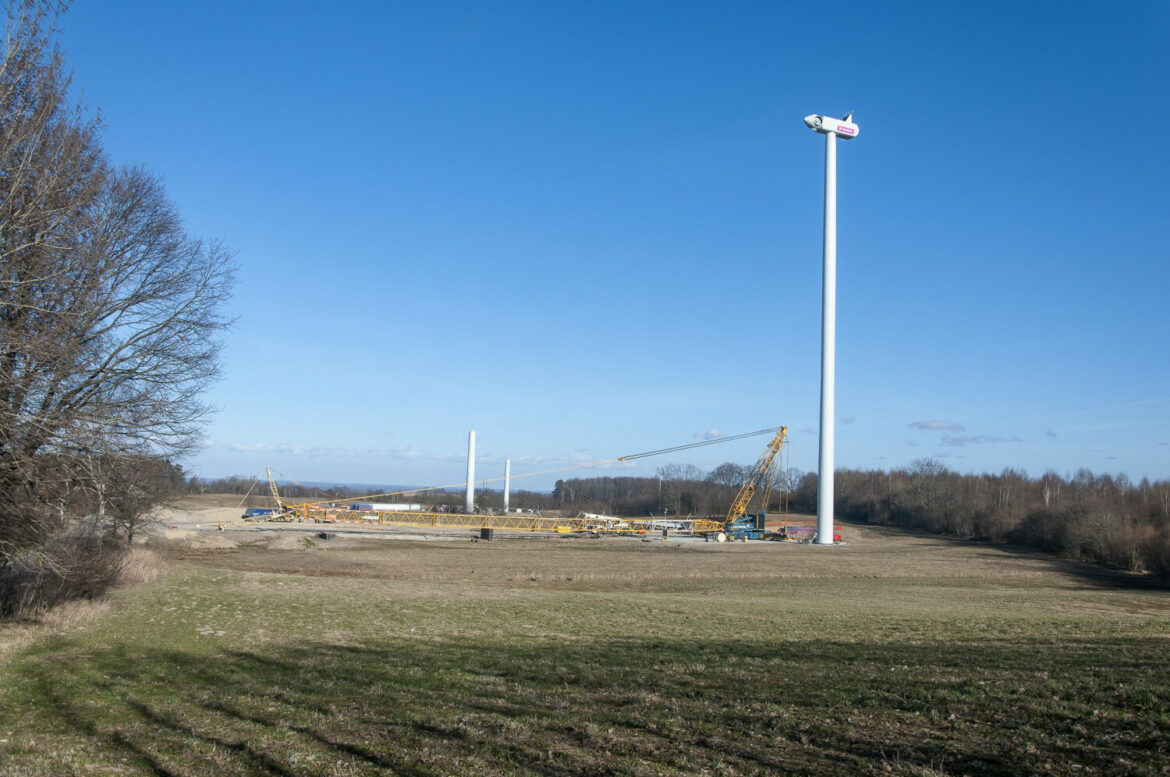In 2030, around 80% of the energy produced by the Tauron Group is expected to be generated from renewable sources. This is the main assumption of the new strategy of the company, adopted by the management board and with a positive opinion from the supervisory board of Tauron.
The company intends to increase the installed capacity in renewable energy sources to 1.6 GW in 2025, and to 3.7 GW after five years. In wind energy, Tauron intends to double its ownership by 2025, and five years later to have a capacity of 1100 MW within this technology.
Solar farm projects will also be developed. By 2025, the Group will increase the capacity in this segment to 700 MW, and in 2030 it will reach the capacity of 1400 MW. Tauron also intends to launch wind farms in the Baltic Sea with a total capacity of approximately 1000 MW. Investments for the construction of photovoltaic and wind farms and for the modernization of hydropower plants will amount to almost PLN 17 billion.
The strategy for 2022-2030 with a perspective until 2050 is a response to the challenges arising from the current and forecast situation in the power sector. The vice-president of Tauron, Jerzy Topolski emphasized that the investments will also apply to energy storage.
“We are considering, in particular, large natural storages. We think about pumped storage plants. We have already analyzed one project. The second project is in the concept preparation phase. We also do not forget about small warehouses in order to improve the quality of energy supplies”, said Topolski.
The vice president added that customers should not suffer from the changes. According to announcements, prices will be adequate to global costs.
“It should be taken into account that the costs of inputs and materials will increase with time, but we assume that it will be proportional to the GDP growth and clients’ wealth”, assessed Topolski.
When asked about the return to the coal policy of countries such as the Netherlands, the vice-president of Tauron replied that Poland was in a completely different situation, because it had not shut down its coal-fired power plants. “We will put those capacities forward to the National Energy Security Agency, which will manage them until stable solutions, for example, nuclear power plants, are created – he explained.
Arkadiusz Słomczyński





